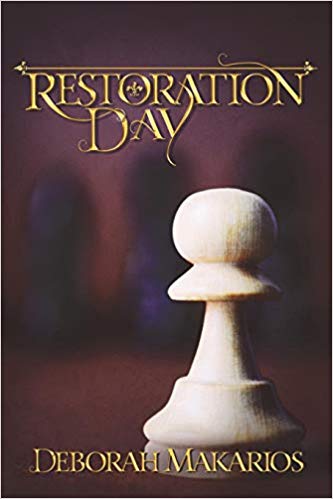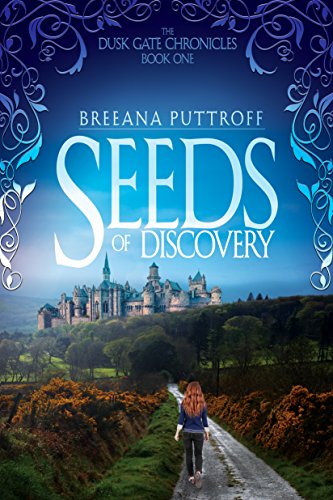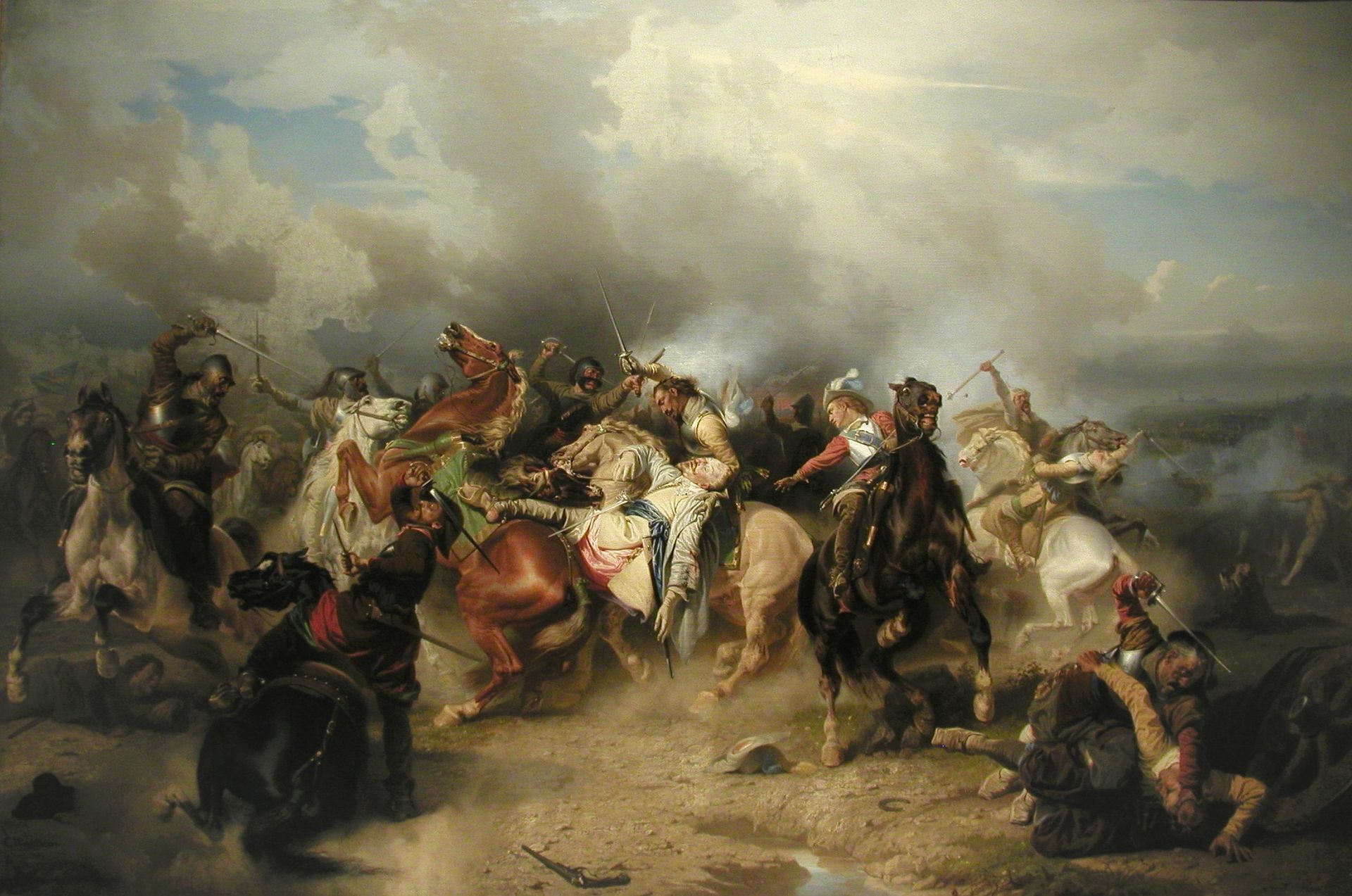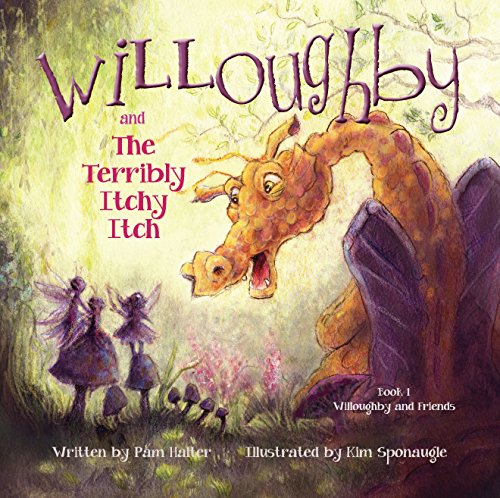
Tension. It’s that thing that all stories need to have to propel the reader forward. Without it, you have dullness. Drabness. Blahhhhh.
But what most people don’t realize until they think about it is that there are two kinds of story tension, and they’re not all that similar. In fact, they’re polar opposites: dread and anticipation.
Many genres veer towards one or the other. Thrillers tighten with dread. Comedies build on anticipation. Horror feasts on dread. Romance revels in anticipation. When both are ramped up to the max, epic fantasy thunders in.
Dread has impact short-term. It’s like a punch in the gut: you have to keep on going to see how it gets resolved. You HAVE TO. But suppose you get interrupted? Suppose a book ends on a cliffhanger, and the next book isn’t out yet? Suppose a friend or family member or roommate chooses that exact moment to speak to you?
Bam. The moment is lost. The tension is gone. Dead. Dissipated. Dread ramps up quickly, but it also bursts at any interruption. Sure, you can go back to it, but it will never quite be the same.
Dread is a soap bubble: it’s quick to expand, but it pops easily.
Anticipation builds much more slowly. It’s like watching a flower blossom. The longer it has, the fuller it gets. Short-term, it’s tenuous: it’s not too hard for a reader to set the story aside to finish later (or to read it more slowly in order to savor it). But it’s also very hardy. Time does not fizzle anticipation, unlike the other kind of tension: in fact, the longer one waits, the further it builds.
If you look at the way TV shows are structured, episodic plots are usually propelled by dread. The vast majority of commercial breaks break off right at a scary, startling, or shocking moment, because that is what will keep fans in the seats to watch what happens in two minutes.
Series plots, by contrast, are usually pulled forward with anticipation. Look at the way so many TV shows use romance as a subplot that they drag out far, far, far too long: it makes for a very easy form of anticipation, which is what will bring fans back next week.
In other words: dread is the best way to get readers to turn the page.
Anticipation is the best way to get readers to pick up the next book.
There is another crucial difference between the two types of tension, and that is the promise they make.
Cliffhanger endings, which are built upon dread, tend to enrage readers. They also tend to work very well to make readers buy the next book quickly. But unless they’re written very well, they tend to make a lot of readers angry, because dread is not a resolution: it’s the lack of resolution.
Anticipation, while a form of tension, can work as an ending . . . or a pausing place. It’s anticipation that spurs fanfiction of completed stories. It’s anticipation that packs fans into a movie theater for the adaptation of their favorite book. It’s anticipation that makes readers beg an author for a sequel to a story that was finished ten years ago.
With a story built primarily upon dread, all that matters is that the dread stops. The monster’s dead. The victim’s rescued. The bomb’s defused. The war is finished. That’s all the resolution the story needs.
But anticipation requires fulfillment, and the more anticipation’s built up, the more dazzling the climax and resolution need to be.
At its core, dread is built upon fear.
Anticipation is built on hope.
This is a guest post by Emily Martha Sorensen. Emily is the author of The Keeper and the Rulership, Black Magic Academy, and the Fairy Senses series. She also writes and draws a webcomic that updates every Friday called To Prevent World Peace.
She has four adorable little monsters (*ahem* children), and her husband is magnificent, wonderful, and even a great writer in the bargain: he is Benjamin A. Sorensen, author of the fantasy books Prophecy and Fallen Light. Click here for Emily’s website and here for her Amazon page.




